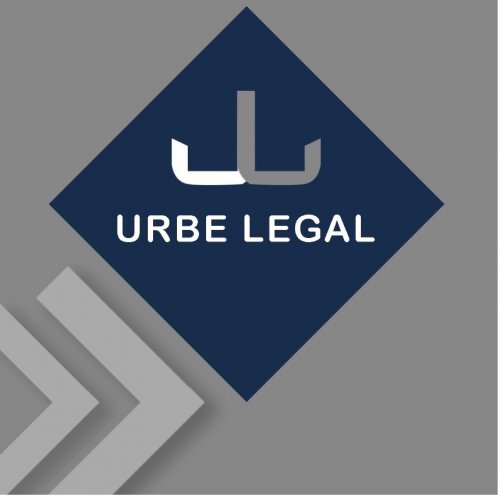Best Real Estate Lawyers in Coban
Share your needs with us, get contacted by law firms.
Free. Takes 2 min.
Free Guide to Hiring a Real Estate Lawyer
List of the best lawyers in Coban, Guatemala
About Real Estate Law in Coban, Guatemala
In Guatemala, real estate law governs who may own and use land within its borders. In Coban, the laws and regulations are highly influenced by both the legal civil law system and a degree of customary law. Ownership in real estate property is usually achieved by purchasing, inheriting, or receiving it as a gift. Besides, Foreigners can buy and own property in Guatemala outright without any restrictions, but the process and legal intricacies can often be complex, and should be navigated with proper legal counsel.
Why You May Need a Lawyer
Common situations requiring legal help in real estate in Coban include disputes over property ownership, dealing with rental and lease agreements, and property development. Legal assistance is essential in conducting a title search to ensure the seller has full rights to sell the property, navigating zoning laws for property development, and ensuring that any rental or lease agreements are legally sound. In addition, lawyers can also help with property disputes including dealing with squatters.
Local Laws Overview
Local laws in Coban, Guatemala have particular emphasis and relevance to the registration and transfer of property. A notable law is the Ley de Propiedad en Condominio de Inmuebles para el Departamento de Guatemala, which regulates condominium properties. Also, the Ley de Inquilinato regulates rental agreements. Regulations from the Registro de la Propiedad protect the rights of buyers and ensure transparency throughout the buying process. All these laws make it important to have legal aid to avoid contravening legal rules.
Frequently Asked Questions
Can foreigners own property in Coban, Guatemala?
Yes, foreigners can own property in Guatemala without restriction though they are advised to have a legal representative during the process.
What is the process of buying property in Coban, Guatemala?
Buying property involves finding a property, negotiating and signing of a purchase agreement, payment of taxes and registration fees, and then the registration of the property.
What is the role of the 'Notary' in the property buying process?
The Notary Public prepares the sales contract, collects the transfer tax, and records the transaction in the Public Registry. They must be a licensed attorney.
Is it safe to buy property in Coban, Guatemala?
While it is generally safe to buy property, conducting a proper due diligence check with the help of a lawyer is highly recommended to avoid legal disputes.
Can foreigners rent out their property in Coban, Guatemala?
Yes, foreigners can rent out their property, but it is advisable to seek legal help to ensure rental agreements are sound and protect your interests.
Additional Resources
The Registro de la Propiedad is a government body that can provide assistance regarding property matters. For further advice and representation, the Bar Association of Guatemala could provide a directory of lawyers specialized in real estate law.
Next Steps
If you need legal assistance in Real Estate in Coban, Guatemala, consider seeking out a lawyer who specializes in Guatemalan real estate law. They can guide you through the often complex and extensive paperwork and help you avoid potential pitfalls associated with the buying process. Don't hesitate to consult them in the early stages of the buying or selling process to ensure everything is done correctly and legally.
Lawzana helps you find the best lawyers and law firms in Coban through a curated and pre-screened list of qualified legal professionals. Our platform offers rankings and detailed profiles of attorneys and law firms, allowing you to compare based on practice areas, including Real Estate, experience, and client feedback.
Each profile includes a description of the firm's areas of practice, client reviews, team members and partners, year of establishment, spoken languages, office locations, contact information, social media presence, and any published articles or resources. Most firms on our platform speak English and are experienced in both local and international legal matters.
Get a quote from top-rated law firms in Coban, Guatemala — quickly, securely, and without unnecessary hassle.
Disclaimer:
The information provided on this page is for general informational purposes only and does not constitute legal advice. While we strive to ensure the accuracy and relevance of the content, legal information may change over time, and interpretations of the law can vary. You should always consult with a qualified legal professional for advice specific to your situation.
We disclaim all liability for actions taken or not taken based on the content of this page. If you believe any information is incorrect or outdated, please contact us, and we will review and update it where appropriate.
Browse real estate law firms by service in Coban, Guatemala
Coban, Guatemala Attorneys in related practice areas.








